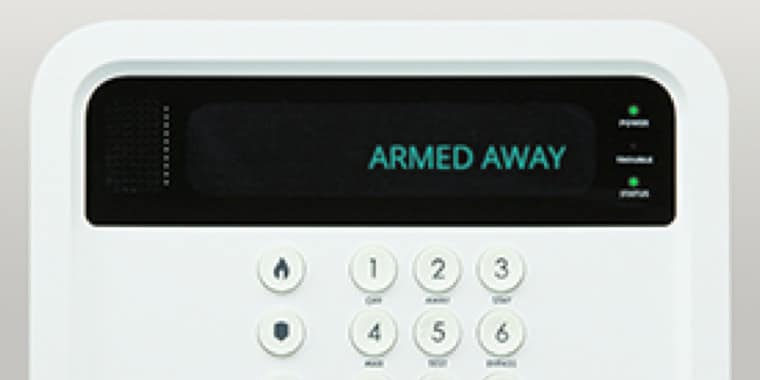‘Tis the season for airport crowds. A new record is expected for the Thanksgiving holiday: a staggering 26.8 million travelers will hit US runways between November 22 and December 2, according to the TSA. That’s equivalent to the entire population of Australia struggling through American terminals—plus an extra few million for good measure.
Undoubtedly, there will be delays and cancellations. Which means marauding hordes hunting for precious airport USB charging stations. But most travelers still aren’t aware of a new risk: plugging into these portals puts their data in danger. “Juice jacking” is now a possibility in your local terminal.
Simply put, juice jacking is a cyber-attack via a public charging port in which personal data is compromised. These ports appear harmless—and cyber criminals have zeroed in on this very vulnerability. In fact, according to the 2019 IBM X-Force Threat Intelligence Index Report, the transportation industry became the second-most attacked sector last year—moving up the ranks from 10th in 2017.
Juice jacking is not yet a widespread phenomenon—which makes right now a good time to be informed and prepared. TechCrunch covered the trend recently, along with Travel + Leisure. Snopes concludes: “‘Juice-jacking’ is a real security threat. The Los Angeles District Attorney's Office issued an advisory to travelers in November 2019 warning them of the potential dangers of using public USB ports.”
To combat juice jacking, Ron Culler, our senior director of technology and solutions for ADT Cybersecurity, shares some helpful tips:
- Travel with pre-charged portable batteries to charge your mobile devices on the go.
- Only use standard electrical outlets to charge your phone or tablet.
- If you’re using charging cables, ensure they’re from reputable manufacturers.
- Consider charging with cables that only allow for power transfer, not data. Alternately, there are attachments that can be placed onto your regular cable to cut off the ability for data to be transferred.
- Always keep an eye on credit card and debit card activity. If your data is compromised from juice jacking, spotting suspicious activity right away will minimize the damage.
- Back up your mobile devices. If you don’t, once your data is compromised, it’s gone for good.
For an added layer of security, ADT offers Identity Theft Protection, which includes 24/7 monitoring of the dark web and other online arenas in which personal information might come up for sale or is being used fraudulently. If personal data is compromised, ADT will help resolve and alleviate the incident as we provide 24/7 fraud incident resolution, in addition to annual credit reports and public, courts and criminal records monitoring.
With the right preparation, the most stressful thing about your holiday travel will be managing the crowds. Check out our cybersecurity services here!





